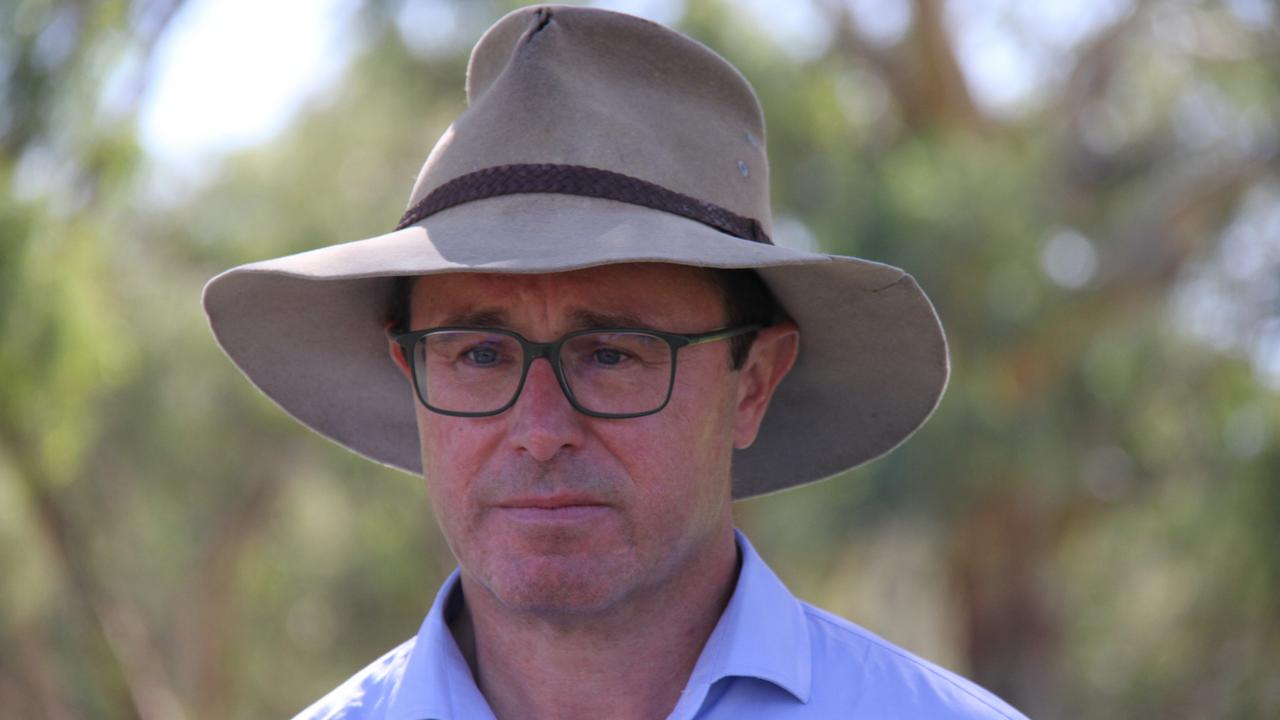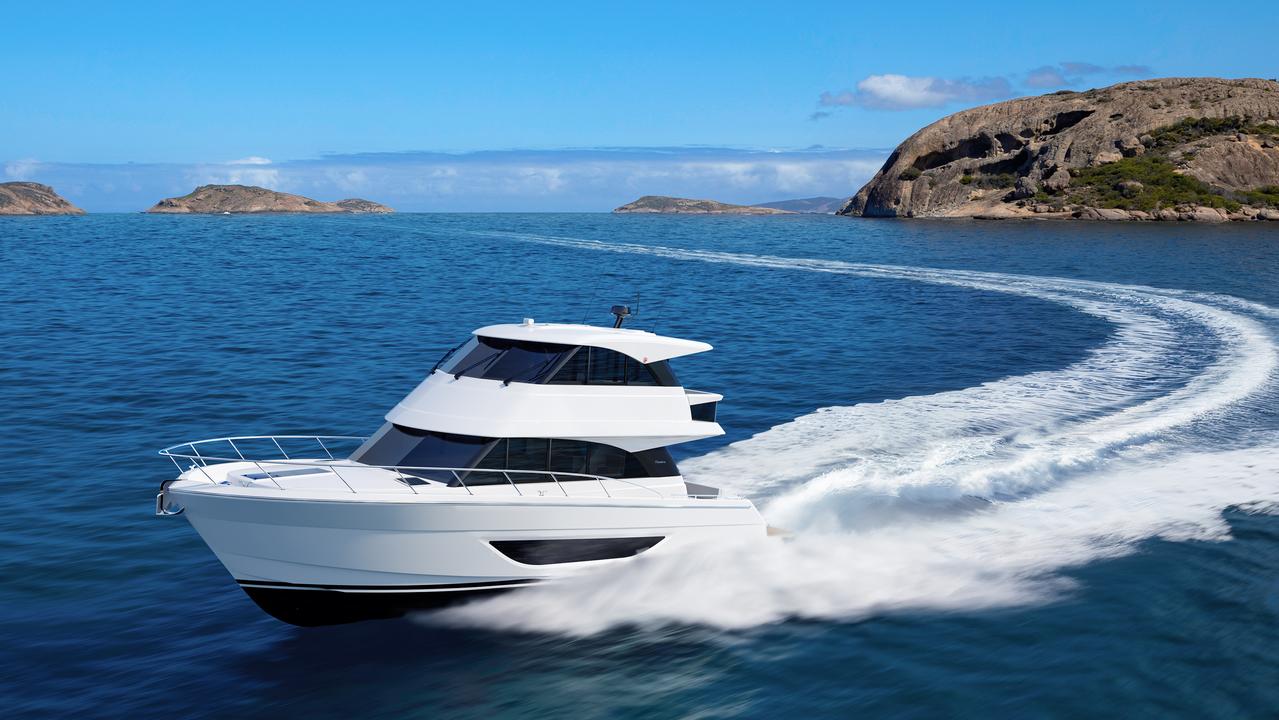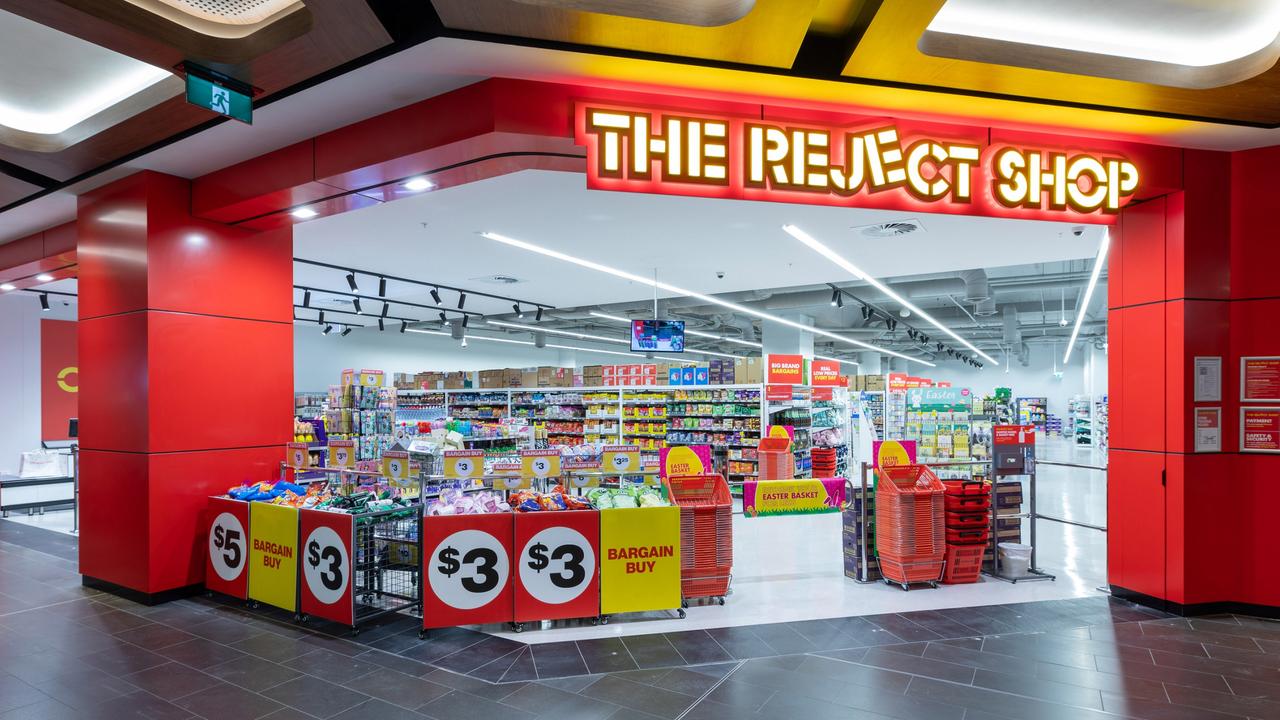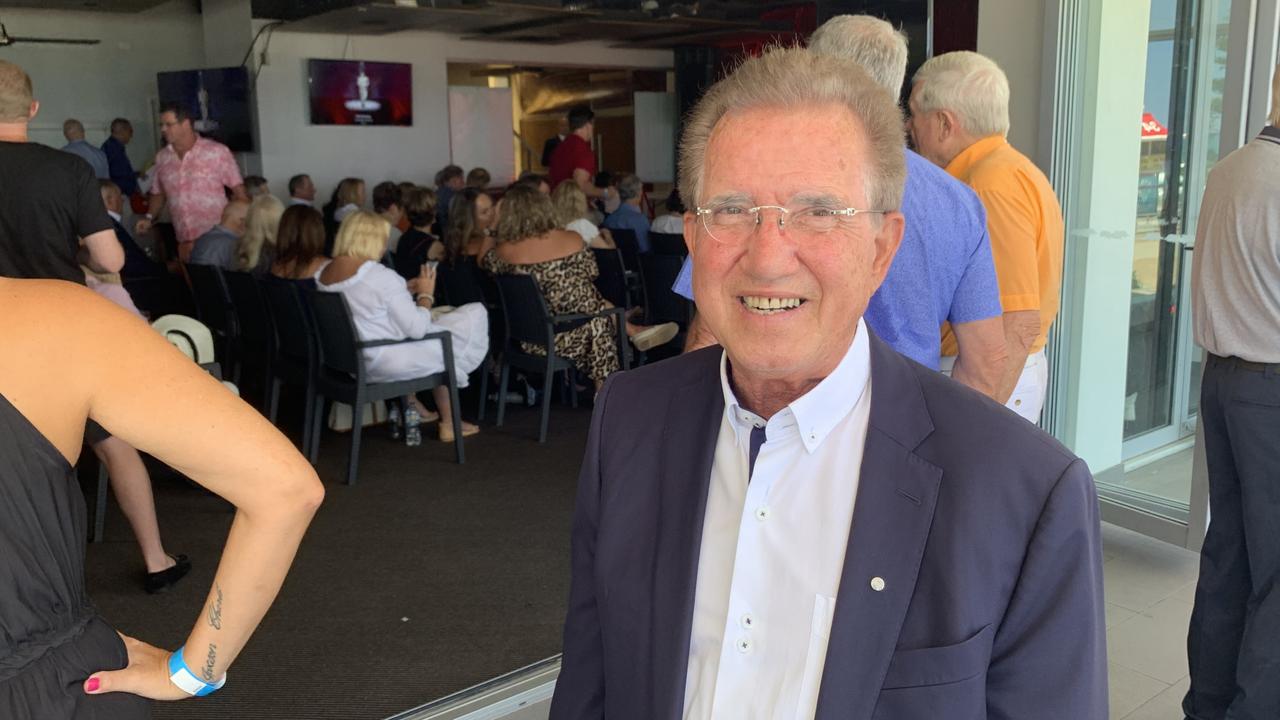Creditorwatch: One in 10 hospitality businesses closed down in past 12 months
Australia’s hospitality businesses are struggling to stay keep their doors open, with new data showing one in 10 were forced to shut their doors in the past year.
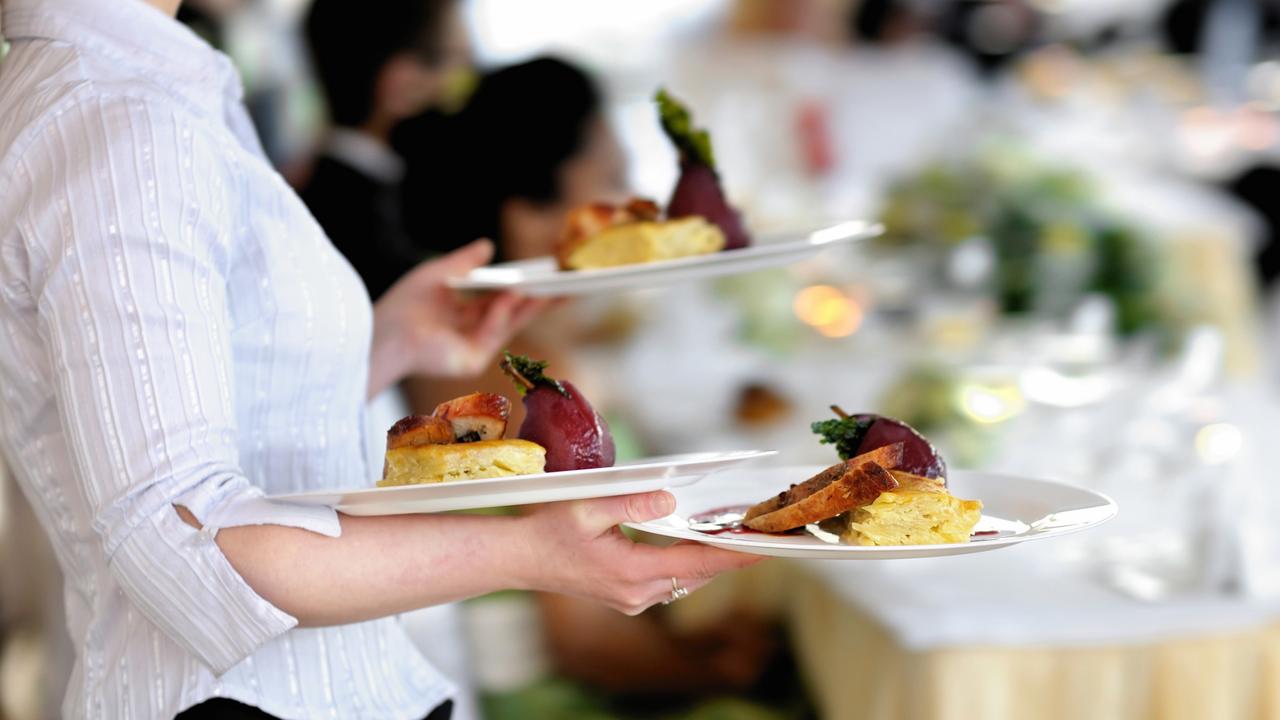
Business
Don't miss out on the headlines from Business. Followed categories will be added to My News.
Shock new data has revealed one in 10 Australian hospitality businesses have shut down over the past 12 months, with rising costs and weakened demand pushing thousands out of business.
Among the casualties have been Melbourne resturants Kekou, Klae and Lobster Cave; national chain Finn Poke and burger shop Two Yolks.
In Brisbane City Winery, Mica cafes, and glam restraurant The Matriarch closed their doors and on the Gold Coast companies behind the Birdcage, Ladybird and Red’s Steakhouse went into liquidation.
In NSW, the company behind The Bunker bars and cafes was among the businesses that went under, while 20 big name hospo spots have collapsed in South Australia so far in 2025.
Credit reporting bureau CreditorWatch’s April Business Risk Index revealed 9.6 per cent of all registered businesses in the sector closed their doors in the past 12 months.
According to the data, hospo companies are struggling with cashflow, indicated by rising Business-to-Business payment delays, which have logged an average of 9.58 days past due.
While payment defaults show signs of plateauing they are still common.

CreditorWatch’s said the Food and Beverage Services industry not only leads in business closures but also ranks highest across three key indicators of financial distress – insolvency rates, late payments and Australian Taxation Office debt defaults over $100,000.
Chief executive Patrick Coghlan said hospitality businesses were particularly vulnerable.
“First, and most significantly, they are exposed to the vagaries of discretionary spending,” he said.
“So, when households feel the pinch from interest rate rises and price increases, they typically spend less at places like cafes, restaurants, bars and pubs.
“On top of that you have the business cost increases in areas such as wages, electricity, insurance and food and alcohol. You also have to remember that most hospitality outlets are small businesses, so they usually don’t have the cash buffers to get them through hard times that large businesses often do.
“There are many businesses out there barely hanging on. We don’t expect a major turnaround for the sector until households feel the impacts of at least a couple of further rate cuts in their budgets.”
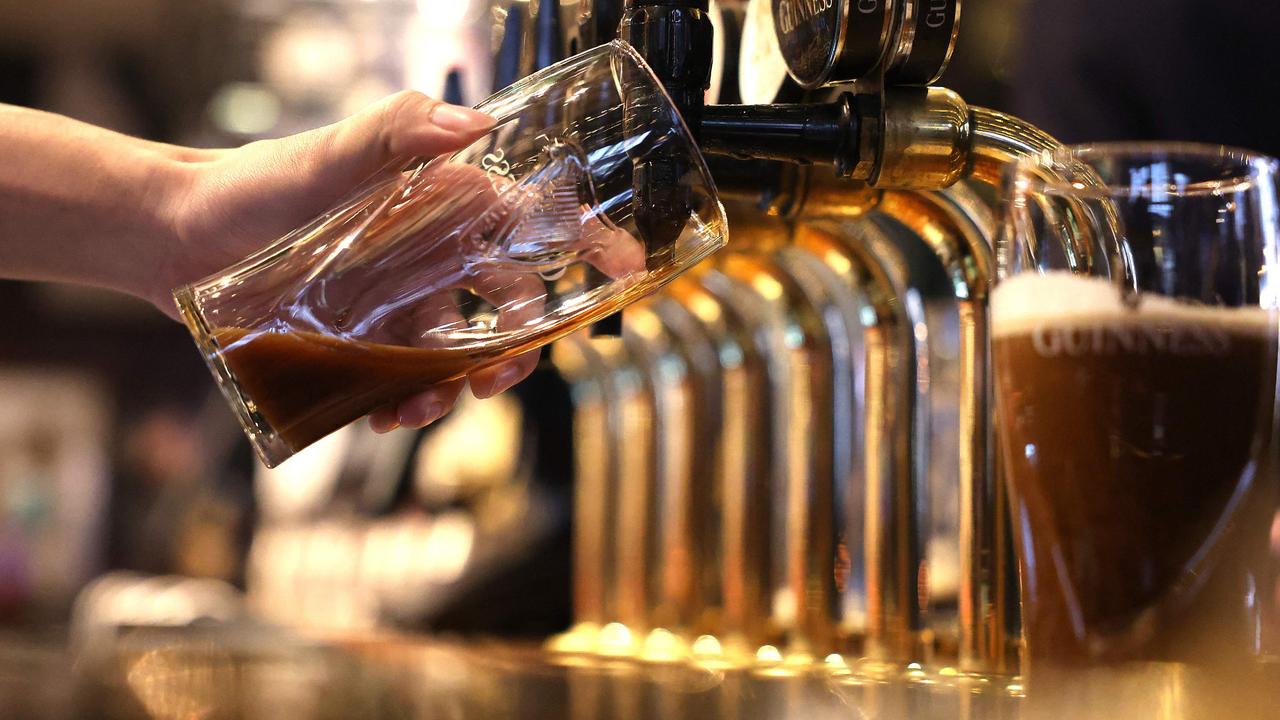
On a state-by-state basis, hospitality businesses in South Australia (10.8 per cent) has been the hardest hit, while businesses in Tasmania (6.4 per cent) has been more resilient than in other states and territories.
Looking ahead Adelaide has the lowest forecast failure rate among the capital city CBDs (5.2 per cent), followed by Perth (5.3 per cent), Melbourne (5.85 per cent), Brisbane (5.88 per cent) and Sydney (6.25 per cent).
CreditorWatch chief economist Ivan Colhoun said the economy was at a “particularly interesting crossroads”.
“Insolvencies remain elevated but have not deteriorated in recent months, the previous rising trend likely arrested by the income tax cuts of mid 2024 along with federal and state government cost of living support measures,” he said.
“It’s too early for the RBA’s February interest rate cut to be influencing these figures, though that cut and this week’s rate reduction will be welcomed by both businesses and consumers. And should have beneficial effects in the second half of the year.
“Working against this more favourable setting is likely to be a combination of slower population growth, the effects of continued high costs and the uncertain impacts of President Trump’s tariffs and trade wars globally.”
More Coverage
Originally published as Creditorwatch: One in 10 hospitality businesses closed down in past 12 months




